Irish Potato Famine, also known as the Great Famine, took place in Ireland between 1845 and 1852. It caused numerous deaths due to starvation and disease and led to mass emigration from the island. Here are 10 interesting facts about this event which is considered a turning point in the history of Ireland.
#1 IRELAND WAS ON BRINK OF DISASTER
In early 18th century, the “middleman system” was introduced to manage land which left rent collection on agents. The ability of a middleman was judged by the amount of money he could extract for the landlords. The law was heavily biased in favor of the landowners as they dominated Irish representation in Britain. The tenants lived in abject poverty. With the population of the island rapidly increasing, widespread unemployment among laborers and majority of the population living in poverty, Ireland was on the verge of a disaster.
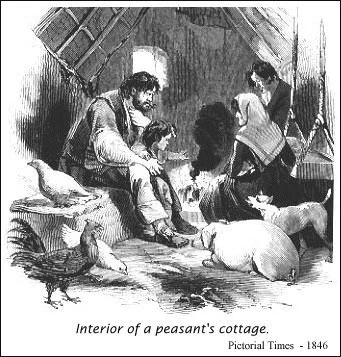
#2 POTATO HAD BECOME THE MOST POPULAR CROP
The middlemen split the land holdings of landowners into smaller and smaller parts to increase the amount of rent they could extract from the tenants. By the year the famine struck, about one-fourth of the Irish farms were 0.4–2 hectares (1–5 acres) in size and about 40% were 2–6 hectares (5–15 acres). As the holdings were so small, no other crop but potato would suffice to feed the families of the tenants. Poverty was so widespread that one-third of the tenants which held small lands were not able to support their families after paying rent to the owners.
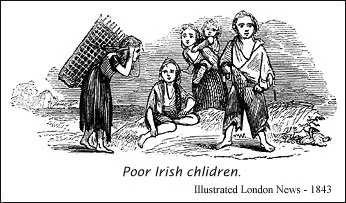
#3 IRELAND Had BECoME HEAVILY RELIANT ON POTATOES
Britain had a huge market for beef and due to the market demand large parts of land in Ireland were used by cows for grazing. Due to smaller plots of lands Irish people turned to potato as no other crop could be grown abundantly in less favorable soil. By the 18th century potato became the staple food of the farmers the year round. An average Irish worker ate 10 pounds of potato every day and about two-fifths of the population of the island was solely dependent on potato.
#4 POTATO BLIGHT WAS THE PRIMARY REASON BEHIND THE FAMINE
A potato disease commonly known as Potato Blight destroyed potato crops across Europe which led to the Irish Potato Famine. In 1845 from one-thirds to half of the cultivated potato crop were lost in Ireland. The destruction continued the following year when three quarters of the crop was destroyed and the first starvation deaths were reported. The effect of failure of potato crop was felt throughout Europe but it was devastating in Ireland since over three million Irish people were totally dependent on potatoes for food.

#5 WHAT CAUSED THE FAMINE IS NOW EXTINCT
Potato Blight is caused by Phytophthora infestans which is an oomycete (fungus like microorganisms). For years it was believed that it was US-1 strain of Phytophthora infestans which caused the Irish Potato Famine. US-1 is responsible for billions of dollars of crop damage today. In 2013 it was found that it was actually HERB-1 strain that caused the famine. HERB-1 caused many crop failures till early 20th century when improved crop breeding yielded potato varieties resistant to it. Scientists believe that the HERB-1 strain is now extinct.
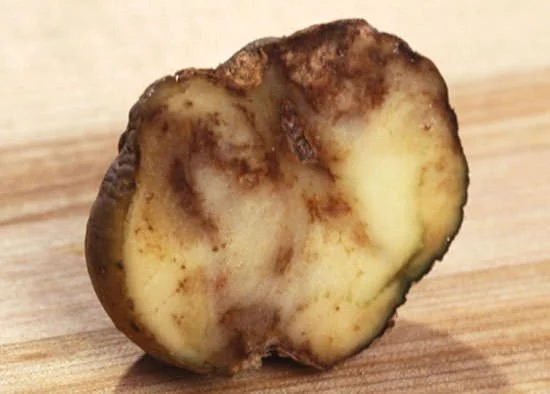
#6 IT CAUSED IRELAND’S POPULATION TO FALL BY ABOUT 25%
By the time the famine ended in 1852 approximately 1 million people had died in Ireland due to starvation or disease. This was about one-eighth of the island’s population. By 1855 about 2 million people had fled from Ireland. Overcrowded and poorly managed vessels which were called “coffin ships” caused numerous deaths of emigrating Irish people. Even today, more than 150 years later, Ireland’s population has still not recovered to its pre-famine level.
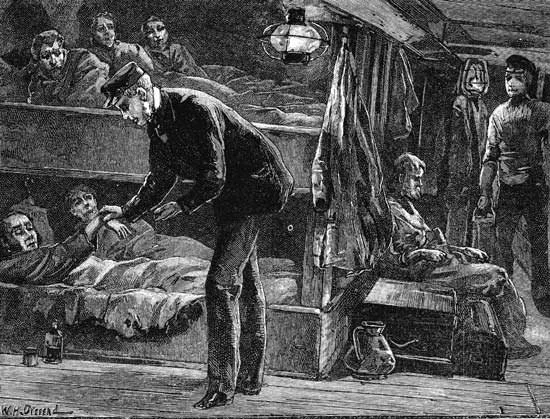
#7 POOR GOVERNANCE BY BRITAIN EXTENDED THE GREAT FAMINE
Britain’s Prime Minister Sir Robert Peel did initially take steps to provide relief to the Irish during the famine. However when Lord John Russell assumed power in June 1846 the emphasis shifted to reliance on Irish resources and free market. Britain was the world’s wealthiest nation at the time and after 1847 there was sufficiency of food to prevent starvation. However ineffective governance and poor management made the situation much worse than it was and mass starvation continued in Ireland till 1852.
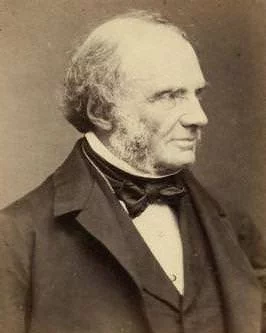
#8 Ireland Exported Food During The Famine!
Throughout the Great Famine, Ireland was exporting large quantities of food. A wide variety of commodities left Ireland even during the worst years of the famine. Food exports from Ireland strained the relationship between England and Ireland and remain a matter of controversy. Irish scholars claim that “although the potato crop failed, the country was still producing and exporting more than enough grain crops to feed the population” while British scholars claim that during the famine more grains were imported to Ireland than exported.
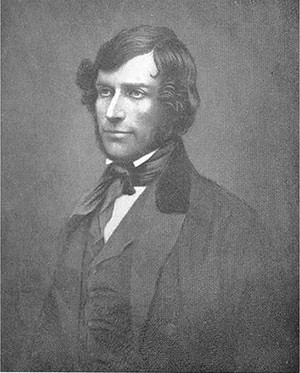
#9 IT IS CONSIDERED A TURNING POINT IN THE HISTORY OF IRELAND
Irish Potato Famine was a turning point in the history of the island and modern historians consider it as a dividing line, referring to the period before it as pre-famine. It permanently changed the island’s demographic, political and cultural landscape. It is held responsible for the decline of the Irish language and creation of an Ireland which considered itself English-speaking. It led to various nationalist movements and is considered as a trigger for the Irish War of Independence which eventually led to Irish independence in the following century.
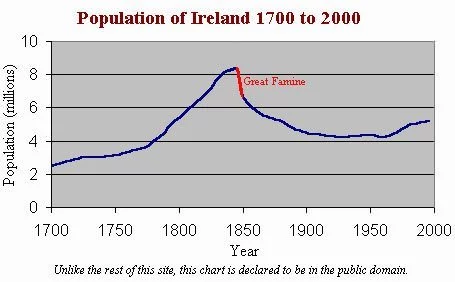
#10 IT CAUSED IRELAND TO DO MORE THAN ANY OTHER NATION FOR FAMINE RELIEF
The Great Famine is memorialized in numerous locations not only in Ireland but also in other parts of the world where large populations have descended from Irish immigrants. In the 1990s Ireland commemorated the 150th anniversary of the Great Famine and British PM Tony Blair apologized for the failure of past British governments to adequately address the crisis. Ireland has been at the forefront of famine relief and its people have given more to the fundraising efforts of Live Aid per head of population than any other nation in the world.

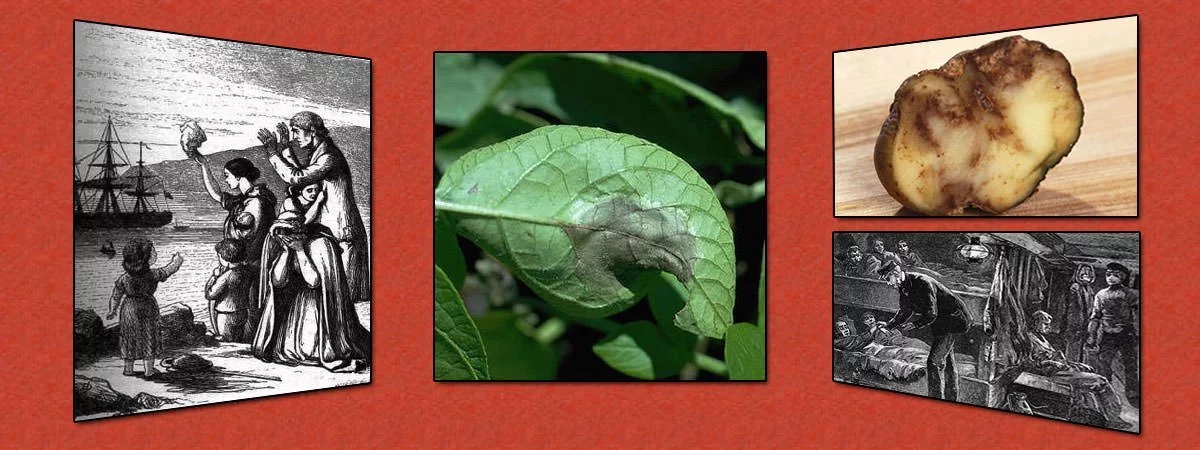
The sad truth is that the grain exported from Ireland to England during the peak of the famine was organised by Irish farmers seeking a higher price for their product. That is not to excuse the British Government from its lack of concern. Nor should it excuse the Irish Nationalists who objected to British attempts to restrict trade. Or for that matter the refusal of the US government to authorise relief shipments since doing so would break the principle of free markets that contaminated the time. There were attempts by the British to alleviate the famine but as usual too little, too late and too bureaucratic. Fortunately we live in more enlightened times and rush immediately to the rescue of those starving in the Sudan and Somaliland… a logistical challenge much easier than in the days of sail and slower communications.
Judge not the past, lest we too get judged.
It is said here that Tony Blair apologised for earlier British government actions during the famine. The queen has apologised to India for an infamous massacre by British troops in the nineteenth century. Apologies do not right wrongs but what more can be expected 170 odd years later? That empire treated many people badly, but not so badly as that other wealthy ancient empire based in Rome which helped Nazi murderers, and pedophile priests avoid justice. So many Irish seem to feel more allegiance to Rome than to their own country. That medieval organisation in Rome has done more to suppress progress in Ireland than the British have done since Independence in 1922.
I would like to add a note. The Great Hunger was only the second great disaster caused by our fantastic, generous and compassionate English cousins. The 800 years of perceived slavery, murder and hatred for the indigenous people of this great land is shocking and close to unforgivable. It has to be seen that the way the English people rule has not changes in all this time. You could look up the Indian famine and partition of that sub continent, and it the 21st century the handing over of Hong Kong to China. Look at all the hurt England caused WORLD WIDE it is mind blowing, it was said that “the sun never went down on Great Brittan”, it should be said that the destruction, hurt and theft of the world’s resources started with a small waring Island. We must we forgive, but not forget, be patient and understanding, and remember they are tapped.
many countries welcomed the English (at least initially) with opened arms – eg NZ – as it was seen as a way to broker peace between warring tribes. Now look at china enslaving wrong think religions, seizing land.. empires do what empires do.. they don’t take direction.. sadly nothing new or old in that.
you all are so like lame fighting over the spelling of Irish